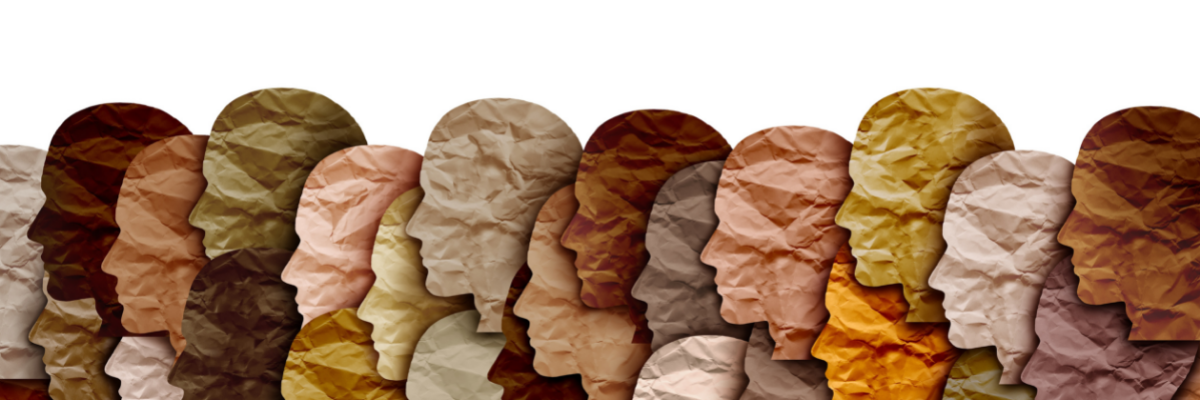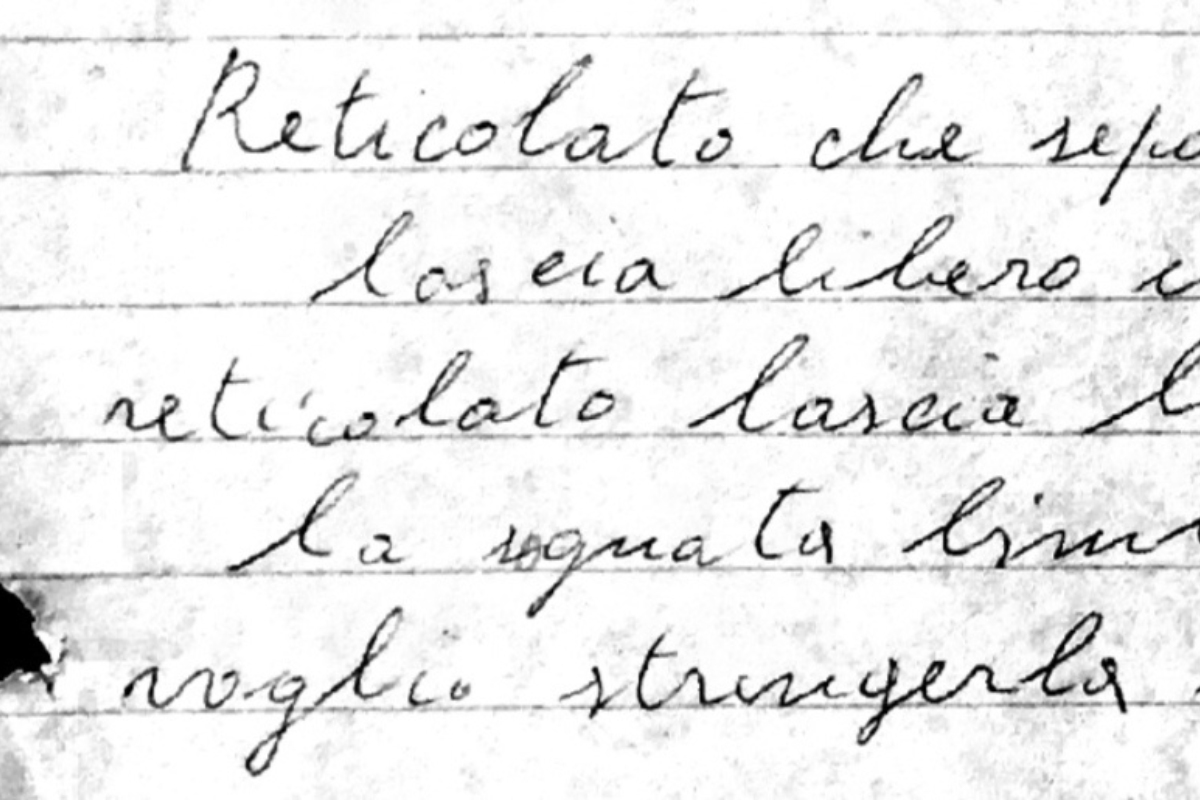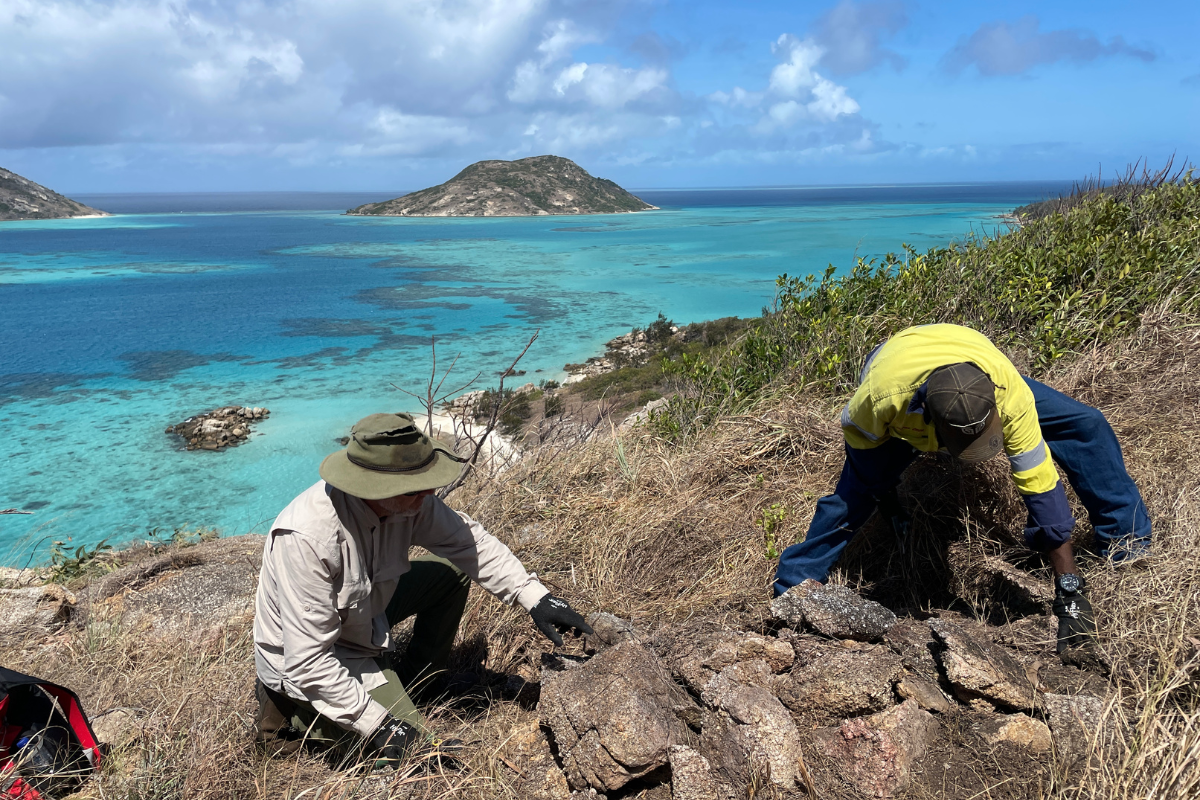Reframing our national identity
Once notorious for its “White Australia” policy, Australia is now one of the world’s most multicultural nations, with 28 per cent of people born overseas – a bigger proportion than in the UK, the US, New Zealand or Canada – and another 21 per cent having at least one parent born outside Australia.
While successive waves of migrants have helped to shape the vibrant diversity that is modern Australia, humanities researchers, including language scholars, historians and cultural theorists, have played a pivotal role in reshaping understandings of national identity and culture, and of linguistic diversity. Their work has often led to policy formation with lasting social impact such as the National Policy on Languages.
Researchers have formulated language, literacy and education policies, and they have influenced – and continue to influence – public policy and debate, through commissioned reports, submissions to inquiries, policy reviews and advisory roles, and by researching migration, settlement, identity and citizenship, often in collaboration with community bodies.
A formal policy of multiculturalism was first articulated in 1973, by the then Minister for Immigration, Al Grassby. It marked the beginning of a reframing of national identity and culture, which celebrated the diversity of Australia and the contribution of migrants to all spheres of society.
The 1970s and 1980s saw the establishment of dedicated agencies, such as Bob Hawke’s Office of Multicultural Affairs, set up in 1987 following a major review of programs and services by James Jupp. Jupp’s monumental edited book The Australian People: An Encyclopedia of the Nation, Its People and their Origins appeared in 1988 and he has continued to publish widely on immigration and multicultural affairs in subsequent years.
Destination Australia
Another important historian of migration, Eric Richards, dealt widely with emigration to Australia in books and articles such as his Destination Australia: Migration to Australia since 1901 (2008). While his work was often about emigration from the British Isles, his research extended well beyond Australia, as seen in Britannia’s Children: Emigration from England, Scotland, Wales and Ireland since 1600 (2004) and other work.
Michael Clyne, a co-editor with Jupp (Multiculturalism and Integration, 2011), was an internationally celebrated Australian linguist whose research was described by Colin Nettelbeck, a fellow linguist, as “a lifelong battle to transform the Anglocentric Australian mindset, by demonstrating the value of knowledge of other languages and cultures, [and] the potential and largely untapped linguistic and cultural wealth deriving from our migrant populations”.
Historian Joy Damousi has made vital contributions to the recognition of the plurality of voices and cultures not always highlighted in better-known Anglo-centric histories of Australia. Her influential books include Colonial Voices: A Cultural History of English in Australia 1840-1940 (2010); she has also written extensively on Greek migrants, one of the principal post-war immigrant groups.
Many of the Indigenous languages which first made Australia a multilingual country, with over 500 different First Nations prior to colonisation, have ceased to be spoken. However, language researchers – working closely with Indigenous speakers – have been able to provide detailed descriptions of some of the individual surviving languages. Others, like Barry Blake in Australian Aboriginal Grammar (1987) and Robert Dixon in The Languages of Australia (1980) and Australia’s Original Languages (2019) have written books covering a wide range of the many languages of Indigenous Australia.
Multiculturalism: an ever-changing story
Understanding of multicultural arts and culture has developed and flourished thanks to writers such as Maxine Beneba Clarke, Brian Castro, Antigone Kefala, Nam Le, Melissa Lucashenko, Christos Tsiolkas and Ania Walwicz. Equally, it has developed through critical works, and engagement with community groups and cultural institutions, by the likes of cultural studies expert Ien Ang. Ang has researched diversity of cultural expression, disparate Chinese identities and Sydney’s Chinatown as a hub linking Australia and Asia.
Ang’s book The SBS Story (2008), co-authored with Gay Hawkins and Lamia Dabboussy, argued strongly for the enduring role of Australia’s Special Broadcasting Service (then under question) in broadcasting cultural diversity for the benefit of the whole nation – not just of “ethnic” audiences, as was commonly assumed.
Multiculturalism is an ever-changing story, and an increasingly complex one, with new migrants from China, India and sub-Saharan Africa interacting with longer-established migrant communities and Australia’s First Nations people. Now, more than ever, humanities researchers can help Australia to navigate that complexity, to identify and address some of the nation’s systemic inequalities, and to reposition itself in the region at a time of rapid change and geopolitical turbulence.




